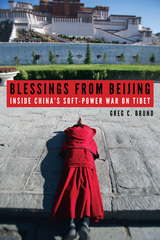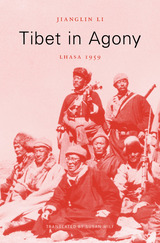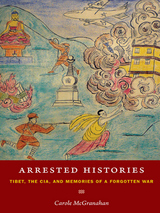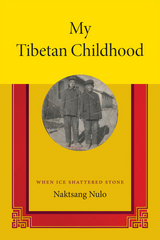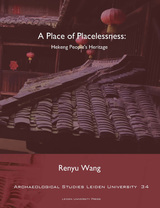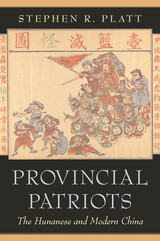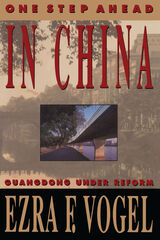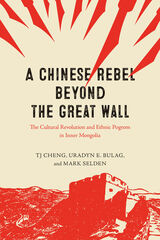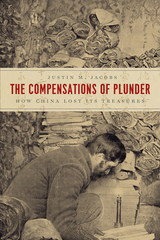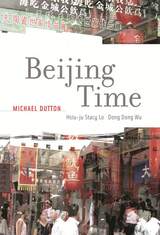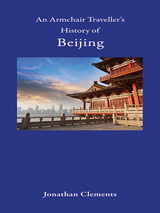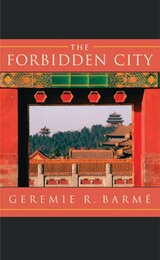China’s Republican Revolution: The Case of Kwangtung, 1895–1913
Harvard University Press, 1975
Cloth: 978-0-674-11980-2
Library of Congress Classification DS793.K7R48 1975
Dewey Decimal Classification 951.2703
Cloth: 978-0-674-11980-2
Library of Congress Classification DS793.K7R48 1975
Dewey Decimal Classification 951.2703
ABOUT THIS BOOK
ABOUT THIS BOOK
Imperialism, pernicious as it was in most respects, served as the prime catalyst for social change in China throughout the turbulent period from 1895 to 1913. Starting with this premise, Edward Rhoads traces the social, political, and economic history of the republican revolution. In his view, after the Boxer uprising, the Manchu court, usually called supine and reactionary, instituted a program of reform that was a serious, comprehensive, and often successful attempt at radical social transformation. It failed, but it politicized the Chinese people to an unprecedented degree—and it marks the entrance of China into the modern era. The post-Boxer reforms attracted many revolutionaries and defused a serious revolutionary threat. Contrary to traditional accounts, Sun Yat-sen and his Revolutionary Alliance did not move easily from success to success. On the eve of the 1911 revolution, in fact, the movement was disorganized and demoralized. Its ultimate victory came less from its own efforts than from the failure of the incumbent rulers to win the support of the nonrevolutionary elite.
See other books on: Case | Guangdong Sheng (China) | Revolution, 1911-1912 | Revolutions, Uprisings & Rebellions | Rhoads, Edward
See other titles from Harvard University Press


